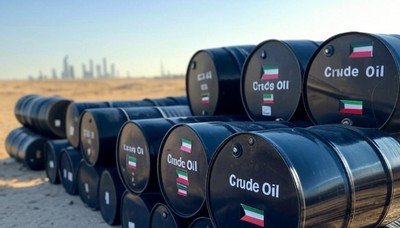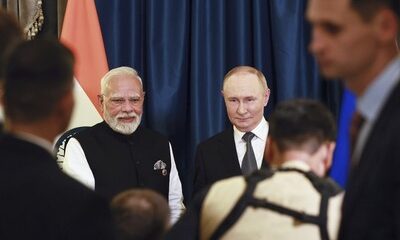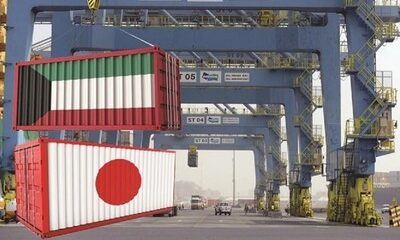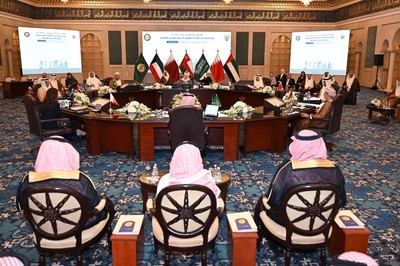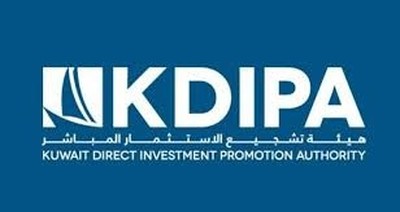Business
Oil prices drop to $65 amid trade uncertainty
-

 Latest News19 hours ago
Latest News19 hours agoNazaha launches training course | Kuwait Times Newspaper
-

 Latest News23 hours ago
Latest News23 hours agoMoE implements new curricula for 2025-2026 academic year
-

 Politics14 hours ago
Politics14 hours agoKuwait Municipality Cracks Down on Unlicensed Advertisements in Ahmadi
-

 Business16 hours ago
Business16 hours agoIndia’s Goods and Services Tax Reforms 2.0: A paradigm shift
-
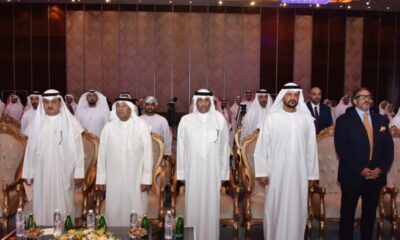
 Latest News16 hours ago
Latest News16 hours agoGCC countries remain committed to combating money laundering
-
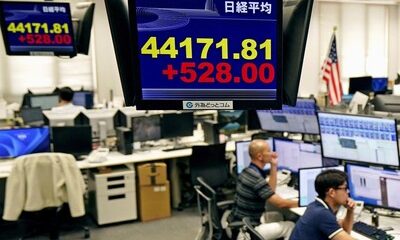
 Business14 hours ago
Business14 hours agoAsian shares trade mixed as focus shifts to Fed’s next move
-

 Latest News21 hours ago
Latest News21 hours agoPADA and UN rapporteur discuss role of women in disability care
-

 Latest News20 hours ago
Latest News20 hours agoMunicipality launches inspection campaign on shop, ad licenses

